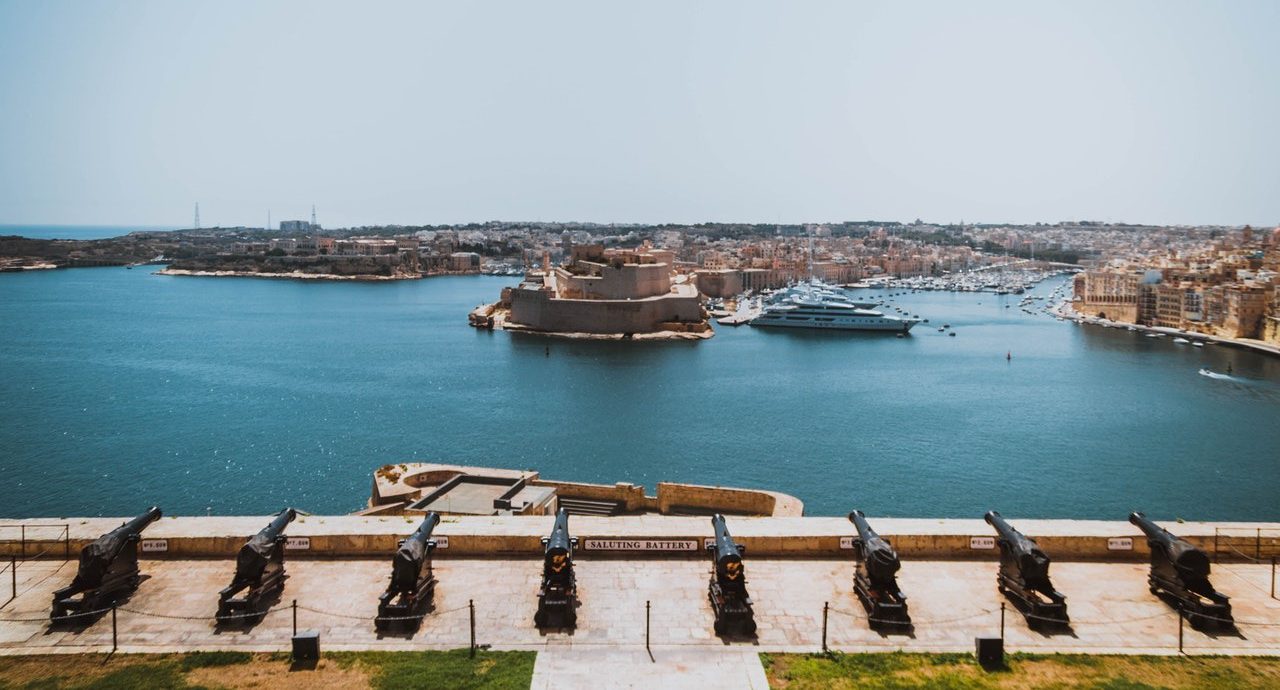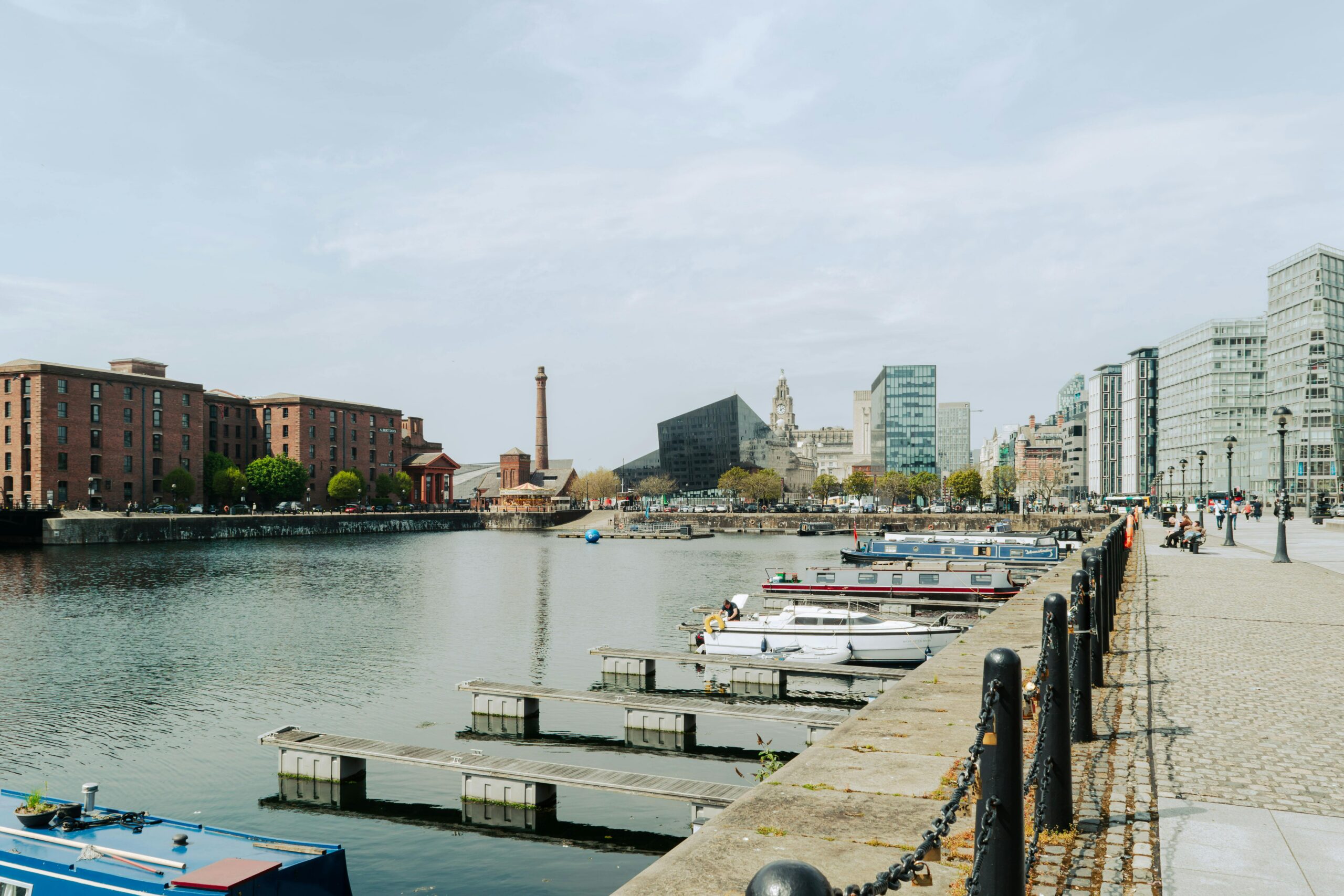Malta’s position as the European Union’s fastest-growing economy, on paper, sounds like a major success story built on a rapid post-pandemic recovery and astute manoeuvring through successive inter-related crises relating to shipping, energy, inflation and human resources. The extensive support extended by the Maltese Government to enterprises and households, from the wage supplement scheme to energy and fuel subsidies, has not come cheap: Malta’s sovereign debt has increased by over €3 billion since 2020, and is set to surpass the €10 billion mark by the end of the year.
When the energy price shock and ensuing period of high inflation ripped through the European economy following the Russian invasion of Ukraine and the imposition of sanctions on Russia, a major supplier of hydrocarbons, the European Central Bank acted in tandem with the United States’ Federal Reserve and the United Kingdom’s Bank of England in hiking its interest rates to their highest levels since the euro was introduced.
These high interest rates have left a major impact on the EU’s economy, creating an additional burden for states, businesses and families still reeling from the pandemic and sky-high energy prices. The reasoning put forward by central banks is that inflation can only be cured by increasing the cost of investment, tamping down what was deemed as an overheated economy where the supply of money had become too cheap, thanks in no small part to the long period of rock bottom interest rates that had been the norm for a full decade prior along with substantial cash injections administered by national governments during the pandemic.
The results have been mixed. Inflation has indeed decreased, but vital questions about the wisdom of prescribing the medicine of higher interest rates to a problem caused by a one-time shock remain unanswered. More importantly, growth has slowed to a crawl in Europe: the EU is set to grow by just 0.6 per cent in 2023, while Germany, long considered its economy engine, is expected to enter its second recession in as many years.
Malta, however, has essentially ignored the doctor’s advice. Shielded by high local deposit rates, banks have only marginally increased interest rates, resulting in the lowest pass-through rate of any country in the union. Meanwhile, the Government continues to spend hundreds of millions on blanket energy subsidies that have come in for sharp criticism from the European Commission.

Speaking to BusinessNow.mt, economist Philip von Brockdorff notes that Malta’s economy is highly dependent on domestic consumption, and that the Government’s decision to continue to boost consumption through expansive public spending is a must for continued economic growth.
“If consumption drops, so would Malta’s economic growth, and if that stalls, Malta will have a problem with sustaining public expenditure,” he says, pointing out that the Government has a lot of commitments: “We have a large public outlay on pensions, our health expenditure is high, education spending per capita is also high, and so is public sector employment. Then there are a number of benefits, like stipends for University students, that require Government support, not to mention long term targets to make the economy more green and more digital – which again require substantial public investment.”
The issue at hand is that economic growth is necessary to sustain public spending, and public spending is essential to support economic growth: “This is precisely why we must have this policy of attaining economic growth of not less than 3.5 per cent, or perhaps three per cent. And since this growth is so reliant on consumption, including Government consumption, if this decreases so would the growth rate. And this is the catch-22 the Government is facing,” says Prof. von Brockdorff.
Whether this can be sustainable in the long-run is an obvious question, with the growth-at-all-costs mindset resulting in social and environmental concerns that are rising ever high on the national agenda. Malta’s attractiveness to expats and foreign businesses has slumped, never-ending construction and roadworks have long worn out their welcome, and locals have wearied of the large influx of foreign workers. And while Government has been forced to acknowledge these concerns, with Finance Minister Clyde Caruana explicitly stating that Malta’s economic model must change, there has been little evidence, so far, that they are being addressed.
The deputy dean at the University of Malta’s Faculty of Economics, Management and Accountancy adds that the reinstatement of the EU’s Growth and Stability Pact, which requires members states to keep deficits below three per cent and general Government debt below 60 per cent, will further complicate the picture.
However, he argues that Government intervention is a requirement to achieve national targets, expressing his belief that public investment is needed to achieve the green and digital transitions.
“If we learned anything from COVID, and also the Ukraine crisis – it’s the need for Government direction and intervention,” he says. “Of course, I do not mean a planned economy, but we do need corrective measures and that can only be done through Government.”
He continues: “We can obviously see what is happening in Germany, which is in recession. That is symptomatic of the fact that investment is slowing down, and has in fact stalled across much of the EU. So addressing inflation is not enough.”
So while Malta may indeed be stuck in a catch-22 of growth and spending, it is probably no worse, and likely better, than those facing other nations.
Call for trade mission for Malta-based businesses to Wales and Liverpool
Interested parties are invited to e-mail TradeMalta by not later than Tuesday 17th March
Malta sets birth rate growth targets after years of decline
Vision 2050 envisages gradually increasing birth rate from 1.01 to 1.3 by 2035
Wolt Market unveils refreshed identity in Malta
Expanded partnerships with Maltese producers, upgraded fresh food categories, all in vibrant green – Wolt Market marks a new milestone






